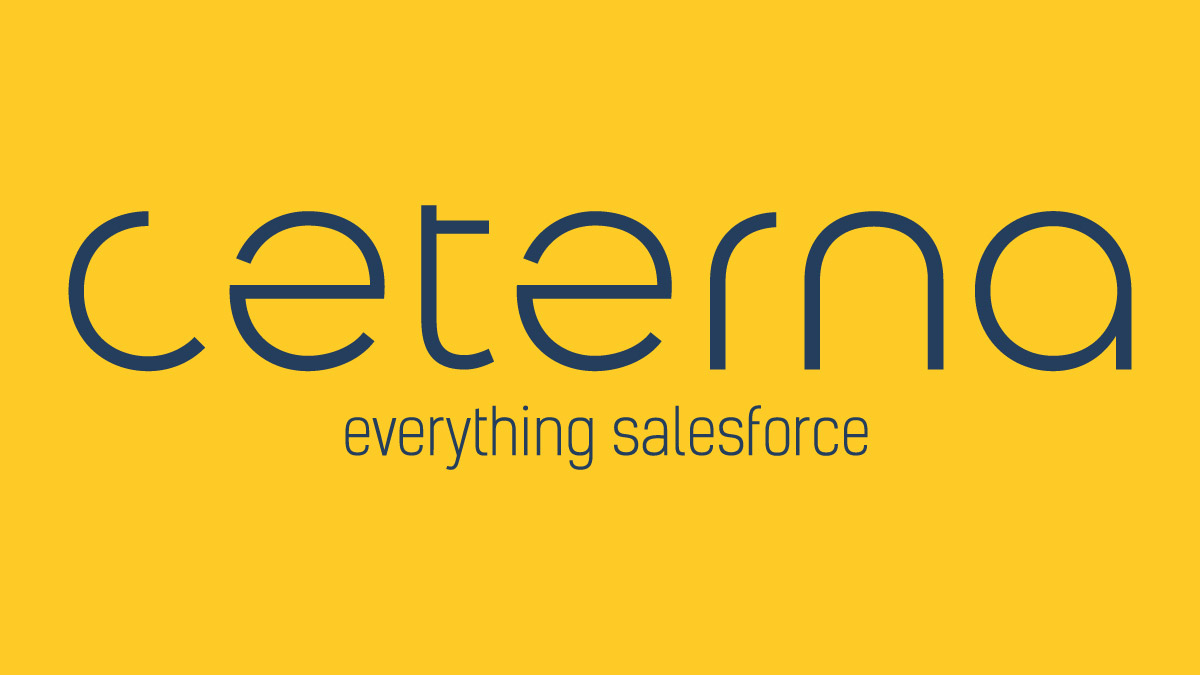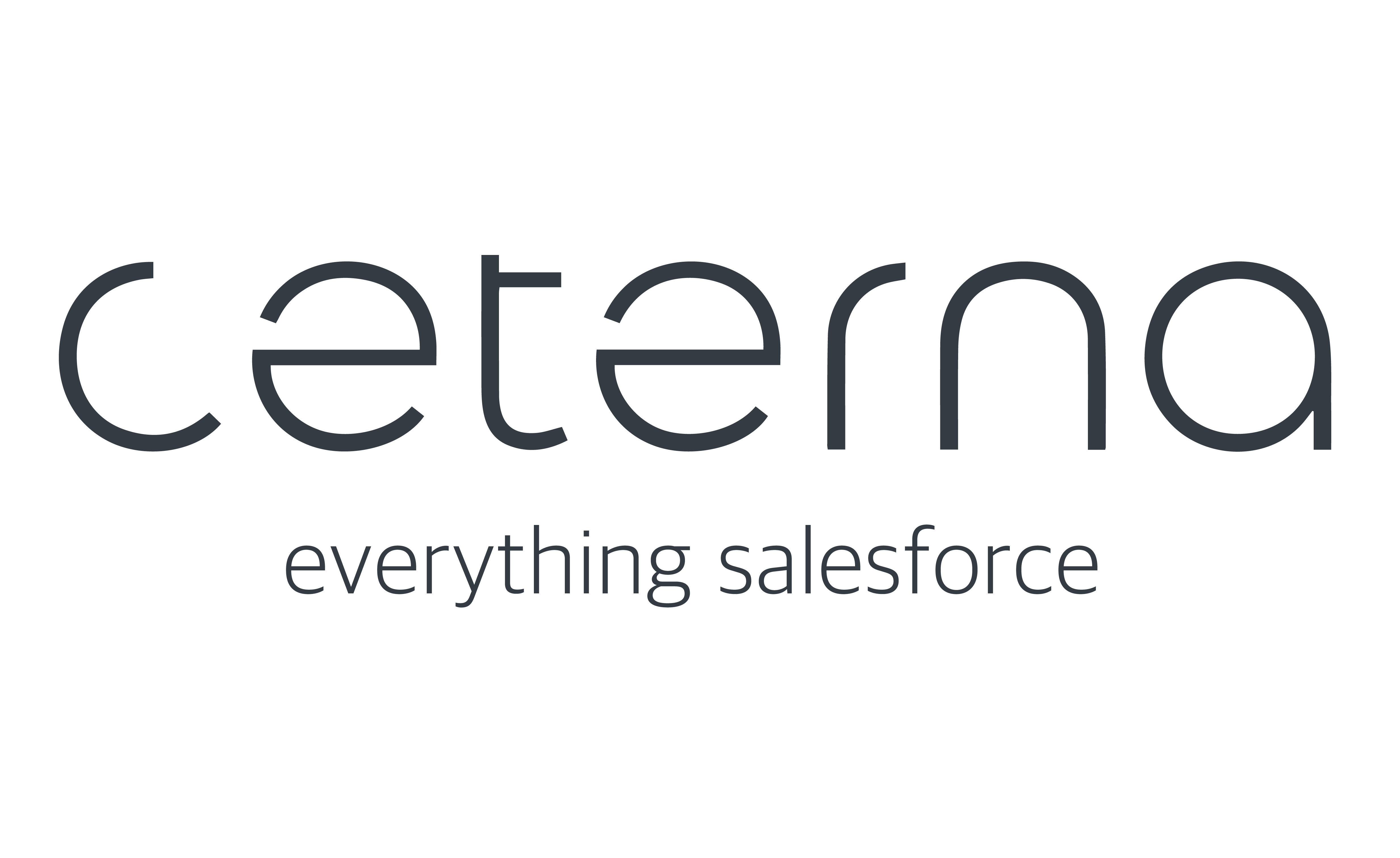The Power of CRM in Sales
Imagine you had a magical notebook that could remember all the details about your friends: their favorite ice-cream flavors, when their birthdays are, and even the kind of jokes they like. Now, wouldn’t it be amazing if you could have a similar tool to keep track of all your customers in your business? This is precisely what Customer Relationship Management (CRM) systems do. They’re like super-smart notebooks that help businesses keep track of everything related to their customers, making selling more efficient and successful.
Why CRM Integration Matters
Let’s say you are a master chef and have different ingredients to make a delicious cake. These ingredients are like different parts of your business, and CRM is like a big mixing bowl. The process of bringing everything together, or integration, is similar to mixing the ingredients to create a great result. CRM integration can help you “bake the perfect sales cake” by combining all the information from different sources into a single platform.
Understanding CRM
What is a CRM?
CRM stands for Customer Relationship Management. It’s a fancy term for a tool or system that helps businesses manage and analyze their interactions with their current and potential customers. It’s like having a super-powered address book that keeps track of all the conversations, dealings, and relationships with everyone who’s connected to the business.
Key CRM Functions in Sales
Imagine a Swiss army knife with tools for different tasks. Similarly, a CRM system has various functions that help businesses in sales. It helps keep track of customer information, manage sales opportunities, record service issues, and carry out marketing campaigns. It’s like having a super-assistant that can remember everything, keep things organized, and even help you make smart decisions.
Popular CRM Platforms
Some of the most popular CRM platforms are Salesforce, Microsoft Dynamics, and HubSpot. They’re like the top brands of bicycles that everyone likes to ride. Each platform has its unique features and capabilities, and choosing the right one depends on the kind of race (business needs) you’re in.
The Role of CRM in Sales
Enhancing Customer Engagement
CRM systems can help a business make its customers feel special. By remembering important details, like a customer’s preferred products or their feedback, a CRM can help a business tailor its approach to match each customer’s needs and wants, just like how a good friend would know exactly what to gift you for your birthday.
Streamlining Sales Process
A CRM system can help make the sales process more straightforward, kind of like how a well-organized toy box makes it easier for you to find your favorite toy. It can keep track of all the sales-related tasks and remind you when to follow up on sales leads, thereby ensuring that no opportunities are missed.
Enabling Data-Driven Sales Decisions
Sometimes, making a decision can be difficult, like deciding which ice cream flavor to pick. CRM systems can help by providing relevant data together, or facts and figures, to make these decisions easier and smarter. This process is similar to picking an ice cream flavor based on which one you’ve enjoyed the most in the past.
The Basics of CRM Integration
What is CRM Integration?
CRM integration is like linking together two best friends, where one friend is the CRM system and the other friend can be any other software or tool used by the business. When they’re linked, they can share information and work together better, making the business more efficient.
Different Types of CRM Integrations
There are different types of CRM integrations, like:
- Application integration: This is like connecting your CRM system with other software applications like email, calendars, or marketing automation tools.
- Data integration: This involves synchronizing data between the CRM system and other databases. It’s like making sure that your address book and your best friend’s address book have the same contact details.
- Device integration: This allows the CRM system to work across different devices like laptops, smartphones, and tablets, much like how you can play the same game on different gaming consoles.
Key CRM Integration Tools
CRM integration tools are like special connectors that allow the CRM system to link with other tools. Some popular integration tools include Zapier and MuleSoft. They make sure that all your business tools play nicely together.
Preparing for CRM Integration
Understanding Your Sales Process
Before you integrate customer data into a CRM system, it’s crucial to understand your sales process, just like how you need to know the rules of a game before you start playing. This understanding helps you know what you want your CRM system to do.
Identifying Integration Needs
Next, you need to identify what needs to be integrated with other systems in your CRM, similar to figuring out what ingredients you need to bake a cake. You might need to integrate your email, social media, or other marketing tools with your CRM system.
Choosing the Right CRM System
Choosing the right CRM system for your business is like picking the right bike to ride. It should fit your business needs and be easy for your team to use.
CRM Integration Process
Steps in CRM Integration
CRM integration is like building a LEGO set; you need to follow specific steps:
- Define your requirements: Understand what you want your CRM system to do.
- Choose the right CRM and integration tools: Pick the tools that best fit your needs.
- Map out the data flow: Plan how data will move between systems.
- Configure and customize the CRM: Set up your CRM just the way you want it.
- Test the integration: Make sure everything works as expected.
- Train your team: Teach your team how to use the new system.
- Go live and monitor: Start using the CRM and keep an eye on it to ensure it’s working correctly.
Overcoming Common CRM Integration Challenges
Like any new toy, there might be some difficulties when setting up your CRM system. These could be technical glitches, resistance from your team, or issues with data migration. But don’t worry! Just like how there’s a solution to fix a tangled kite string, there are ways to overcome these challenges too.
Case Study: Successful CRM Integration
Imagine a toy store that used a CRM system to keep track of its customers and their preferences. They integrated their CRM system integration with their email system, allowing them to send personalized recommendations and offers to each customer. This made their customers happy and increased their sales, showing how powerful CRM integration can be.
Integration of CRM with Other Key Sales Tools
CRM and Email Integration
CRM and email integration is like a perfect friendship where both friends help each other. The CRM remembers customer information, and the email system sends this information at the right time. This allows the customer service departments of the business to send personalized emails to each customer.
CRM and Social Media Integration
By integrating CRM and social media, a business can better understand its customers by listening to their social media activities. It’s like being able to know what your friends are saying about you at a party and using that information to improve your relationship with them.
CRM and E-commerce Integration
When CRM and e-commerce are integrated, businesses can get accurate data to provide a personalized shopping experience to each customer, just like how a good shopkeeper knows what each customer might like and recommends the right products.
Optimizing CRM for Sales
Customizing CRM for Your Sales Team
Each business is unique, and so is each sales team. Hence, a CRM system should be customized to fit the needs of your sales team, much like how a tailor customizes a suit to fit you perfectly. This could take multiple systems and include customizing the dashboard, data fields, and workflows.
Leveraging CRM Analytics for Sales
CRM systems can provide insightful data or analytics for business applications, like how many sales leads have been converted or how a particular marketing campaign performed. It’s like having a report card that tells you how well you’re doing in your business.
Adopting CRM Mobile Applications for Sales
Just like how a mobile game allows you to play on the go, many CRM systems have mobile apps that let salespeople access customer information anytime, anywhere. This can help them respond to customer needs quickly, even when they’re out of the office.
Evaluating CRM Integration Success
Key Performance Indicators (KPIs)
Key Performance Indicators, or KPIs, are like the scoreboard in a football game. They tell you how well you’re doing in terms of your business goals. These could include metrics like the number of new customers acquired, sales revenue, or customer satisfaction scores.
Interpreting CRM Reports
CRM systems can generate detailed reports, like a super-detailed school report card. These reports can tell you a lot about your sales performance and customer behavior, helping you make informed decisions.
Continuous Improvement in CRM Integration
Like practicing a sport to get better, businesses should aim for continuous improvement in their CRM integration. They can do this by regularly reviewing performance, gathering feedback from users, using customer data integration and making necessary adjustments.
The Future of CRM in Sales
Emerging Trends in CRM
Just as new toys and games keep coming up, there are always new trends in CRM. These include increased use of artificial intelligence, mobile CRM, social CRM, and more personalized customer experience.
The Impact of AI and Machine Learning on CRM
Artificial Intelligence (AI) and Machine Learning are like the new superheroes of the tech world. They can make CRM systems and service management software even smarter by predicting customer behavior, automating tasks, and providing personalized customer interactions.
The Role of CRM in Remote Sales Teams
With many people working from home, like doing school from home, CRM plays a crucial role in helping remote sales teams collaborate and stay connected with customers. It’s like a virtual meeting room that keeps everyone updated.
Conclusion
CRM integration is a powerful tool that can transform the sales process. It’s like having a magic wand that can make selling easier and more efficient. By choosing the right CRM system, integrating it effectively, and using it wisely, businesses can enhance customer engagement, make smarter decisions, and ultimately, sell more.
FAQ
How long does it take to integrate a CRM system?
The time it takes to integrate a CRM system can vary widely, depending on the complexity of the integration. It’s like building a LEGO set – a small one may take a few hours, while a big one could take days or even weeks.
What are some common mistakes in CRM integration?
Common mistakes in CRM integration include not defining clear goals, not involving the sales team in the process, and not testing the system thoroughly before going live. It’s like trying to bake a cake without following the recipe properly.
How does CRM integration affect the customer experience?
CRM integration can greatly enhance the customer experience. It’s like going to a party where the host remembers your favorite food and music, making you feel special and appreciated.
What is the cost of CRM integration?
The cost of CRM integration can vary based on the benefits of CRM integration platform, the complexity of the integration, and other factors. It’s similar to shopping for a bicycle – you could get a basic one for a low price, or you could go for a high-end model that costs more.
How to choose the right CRM platform for my business?
Choosing the right CRM platform is like picking the right pet. You need to consider your needs (like the size of your business and your budget), the features of the CRM software (like integration capabilities and user-friendliness), and the support offered by the CRM provider (like training and customer service).




